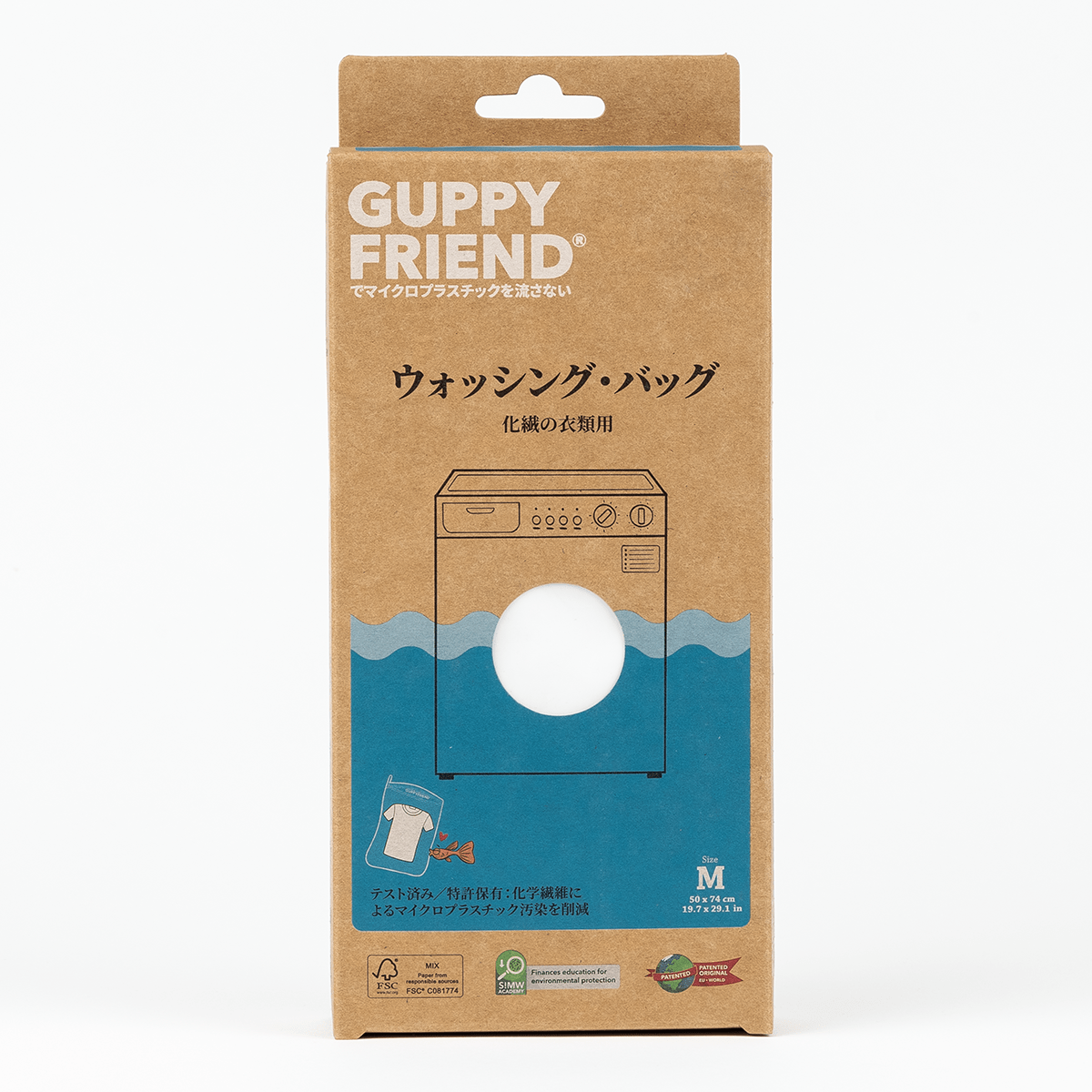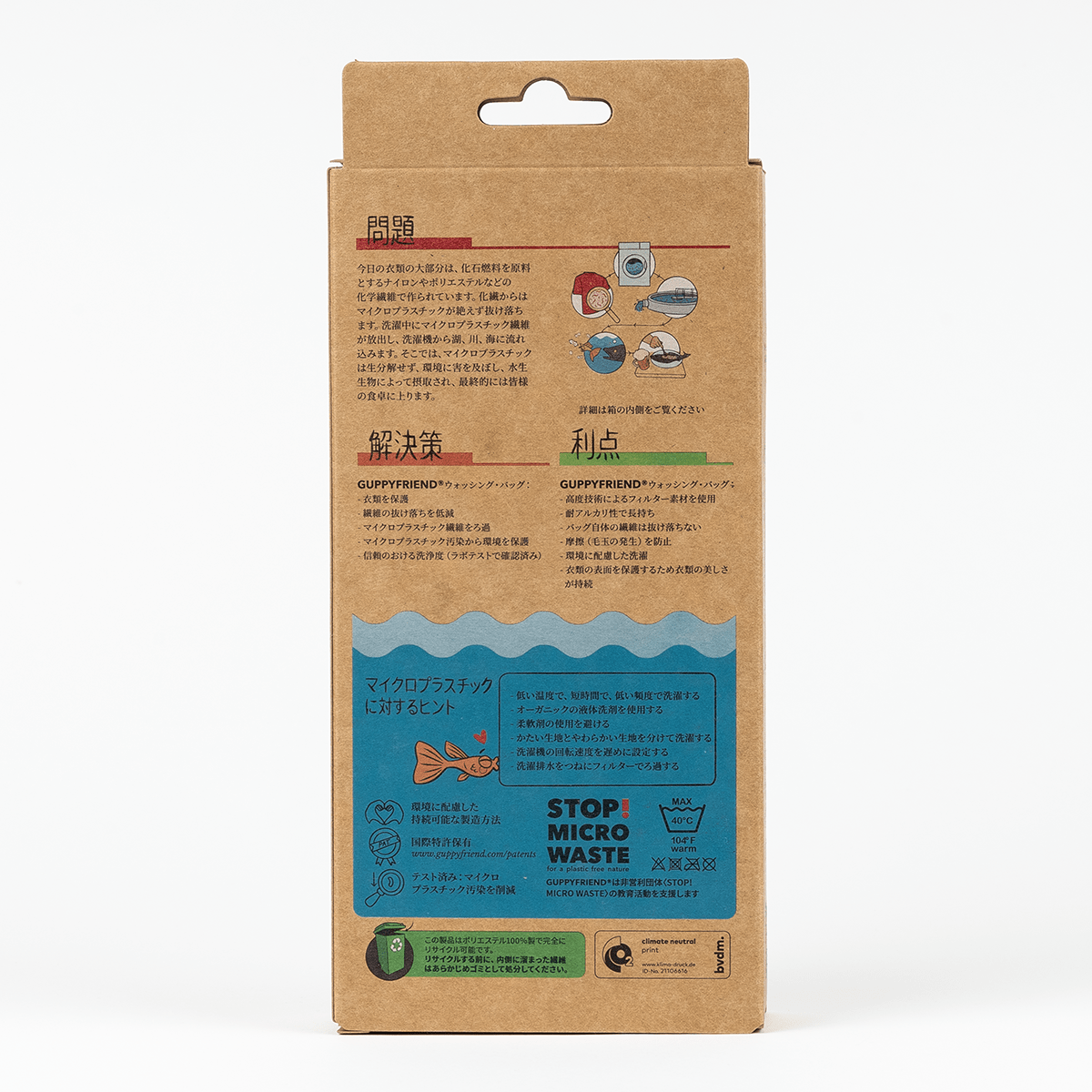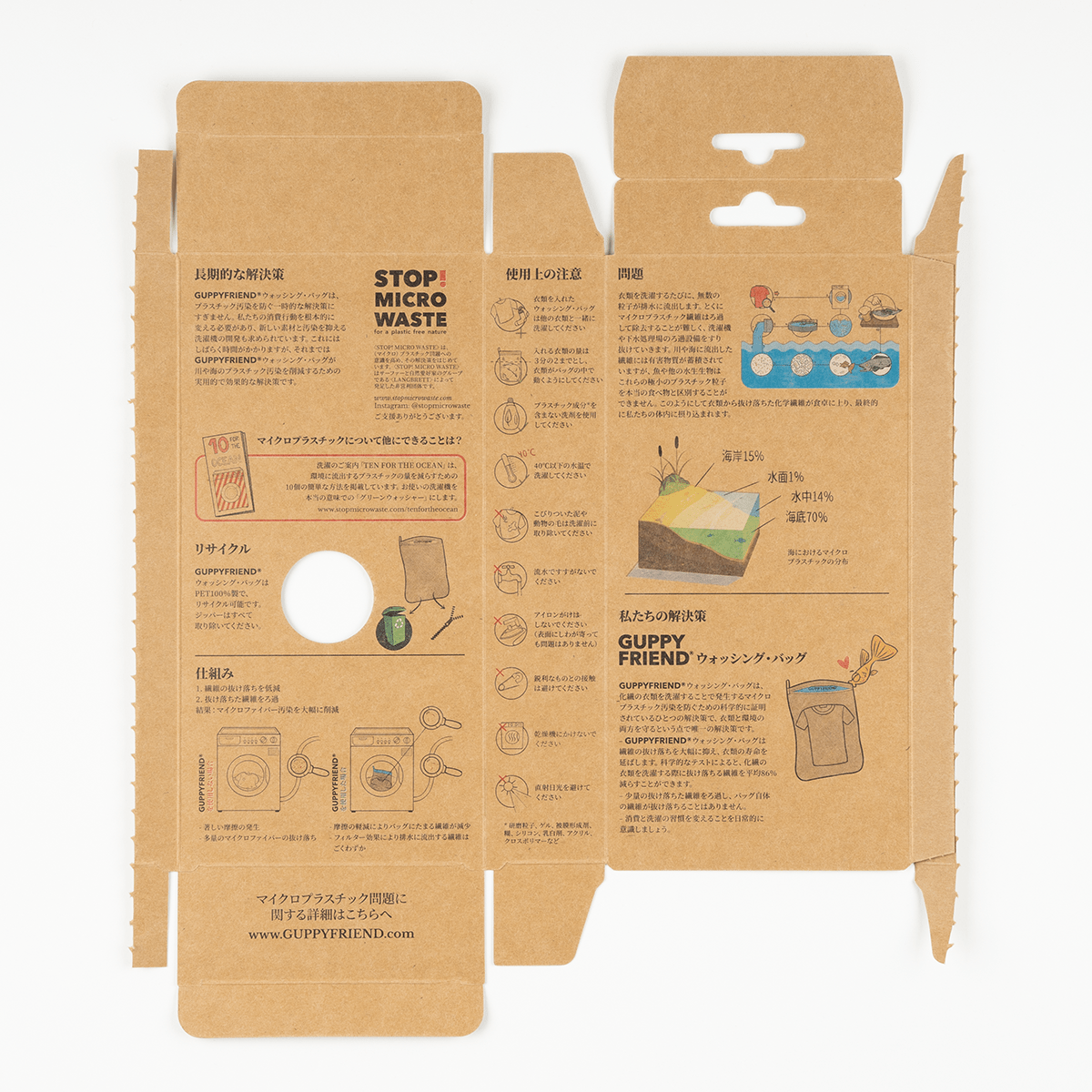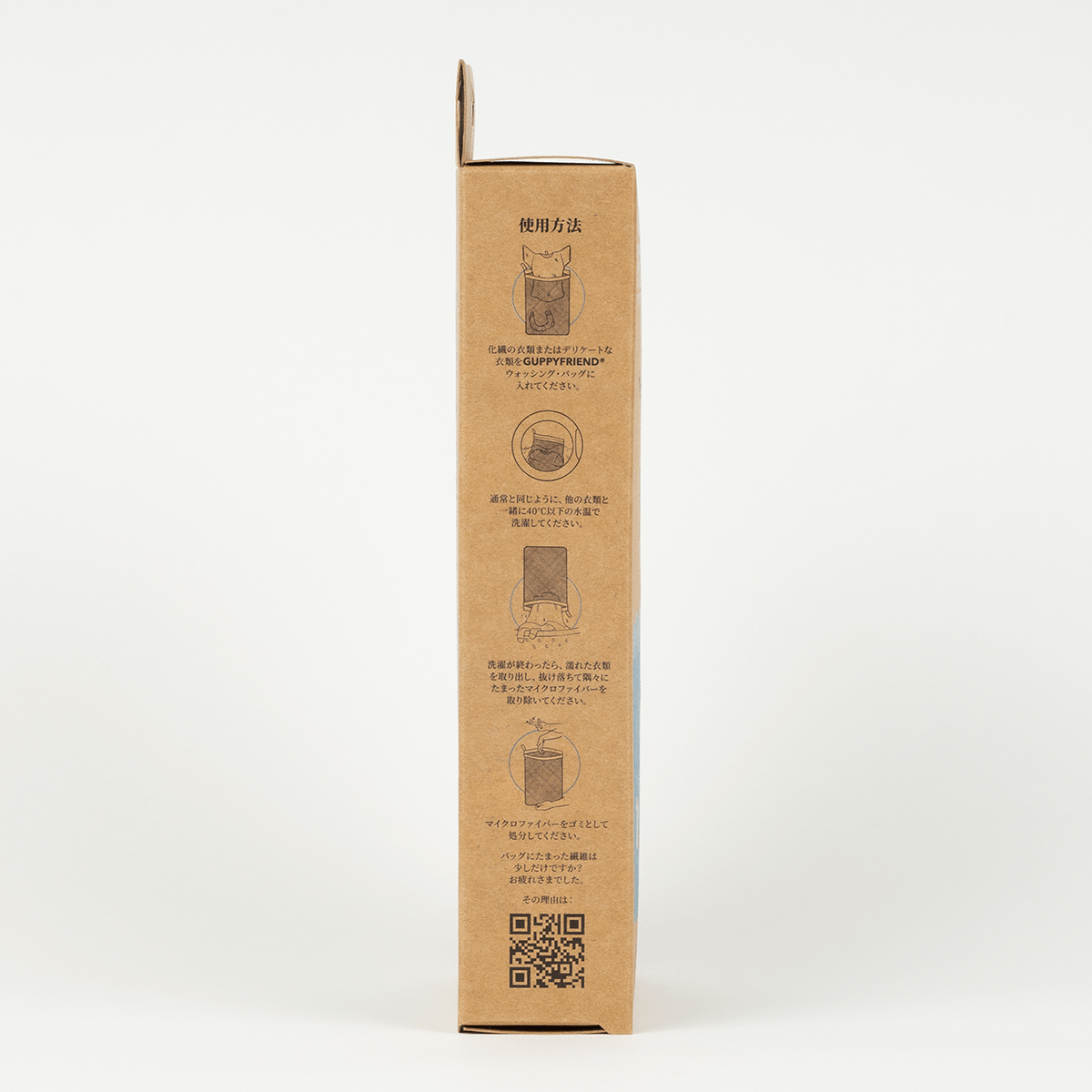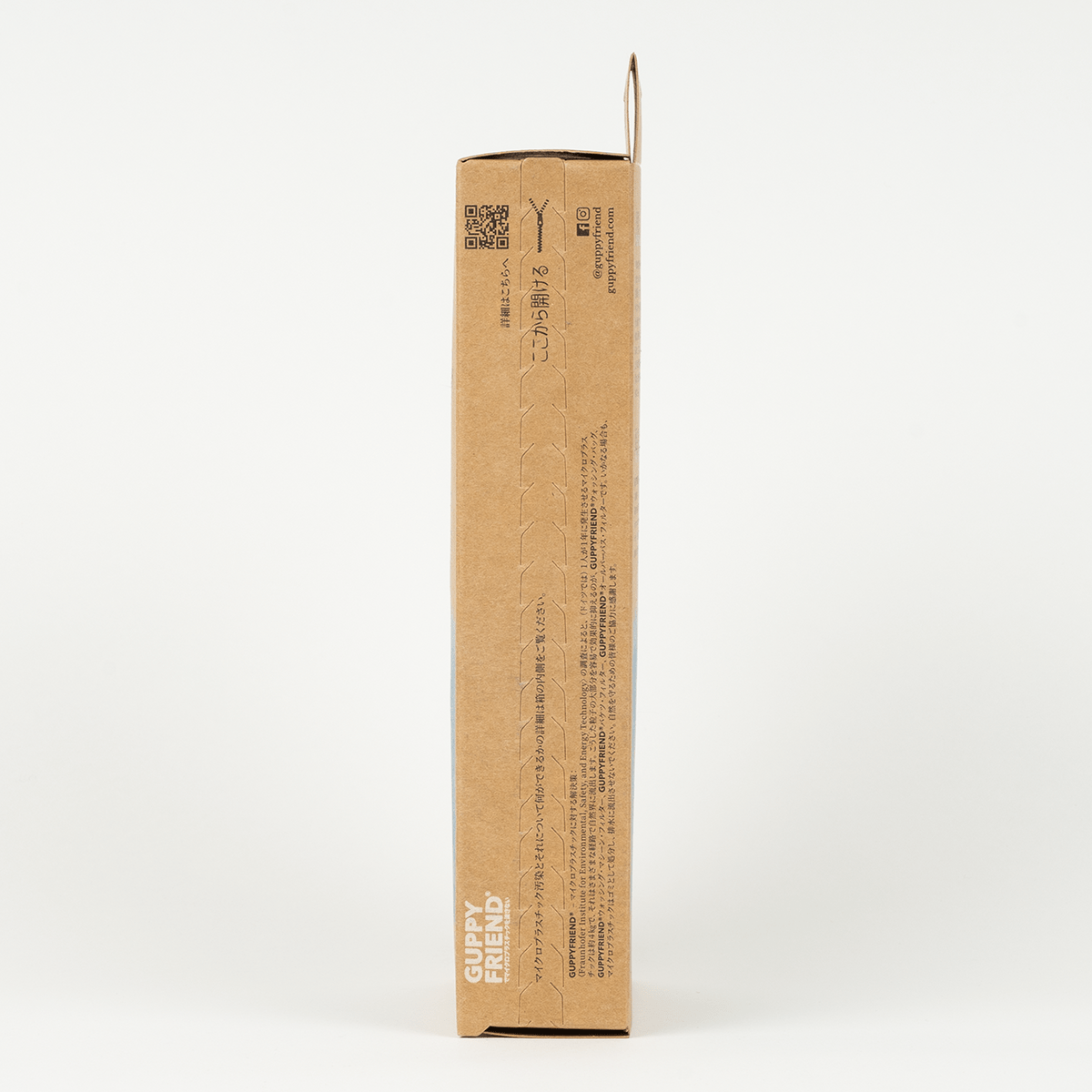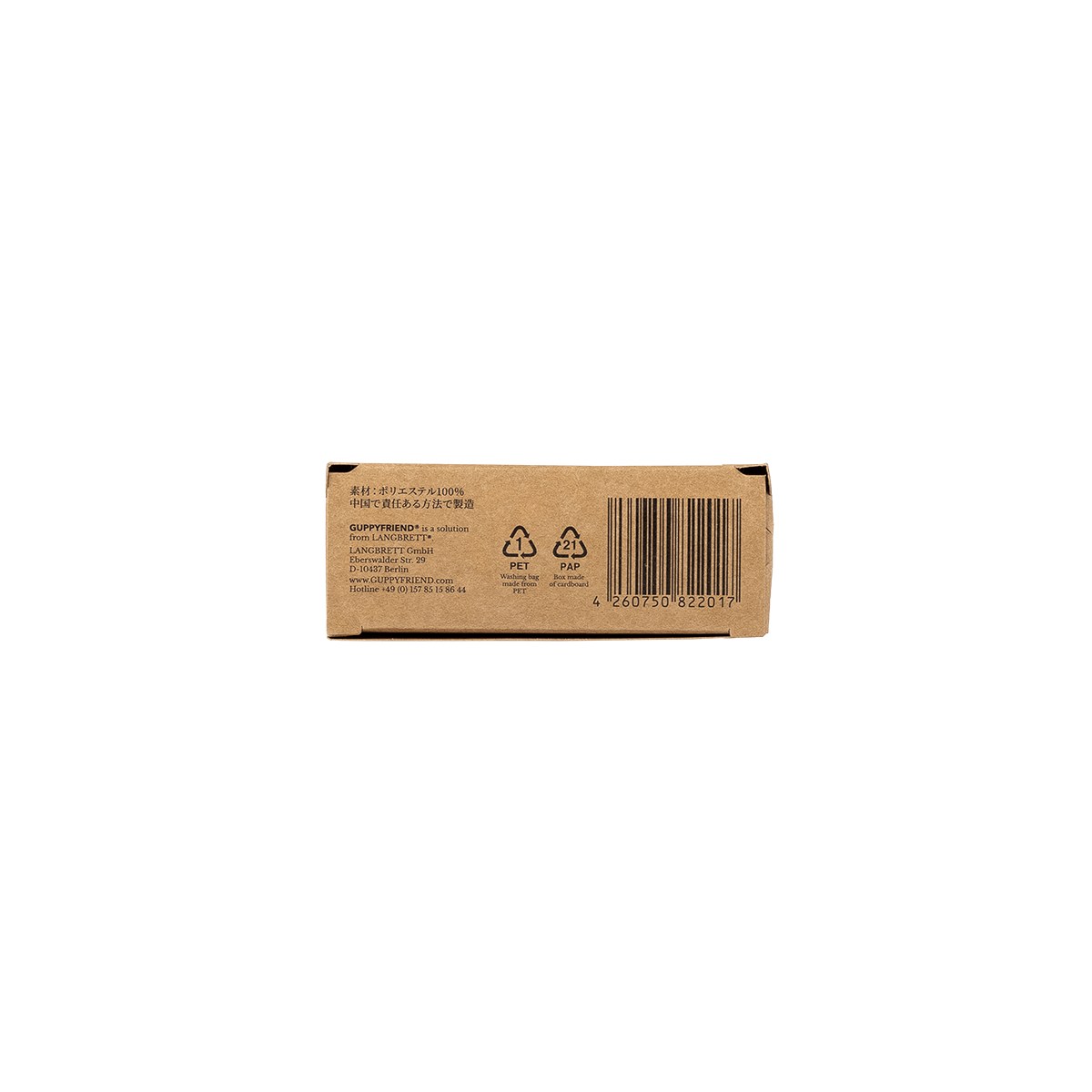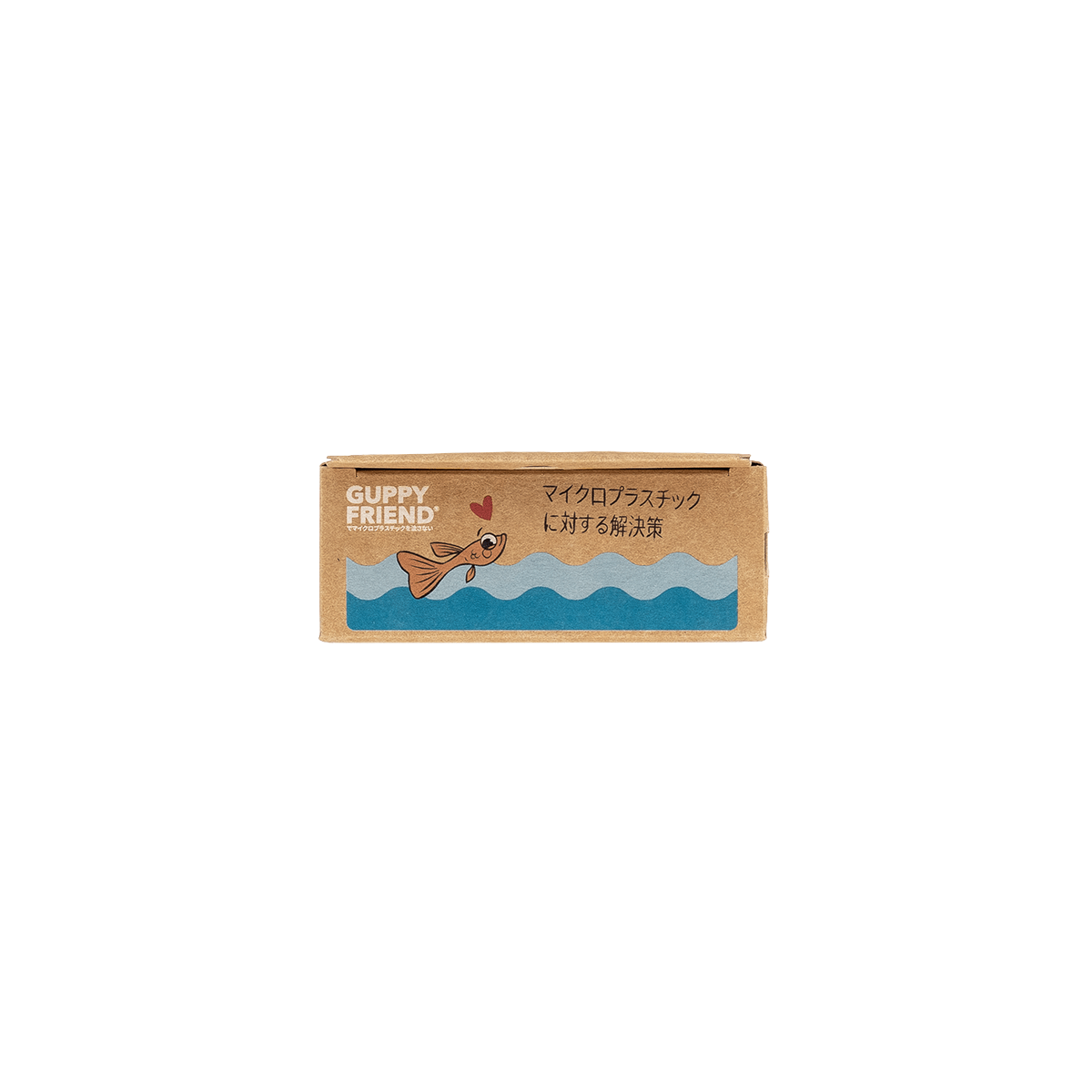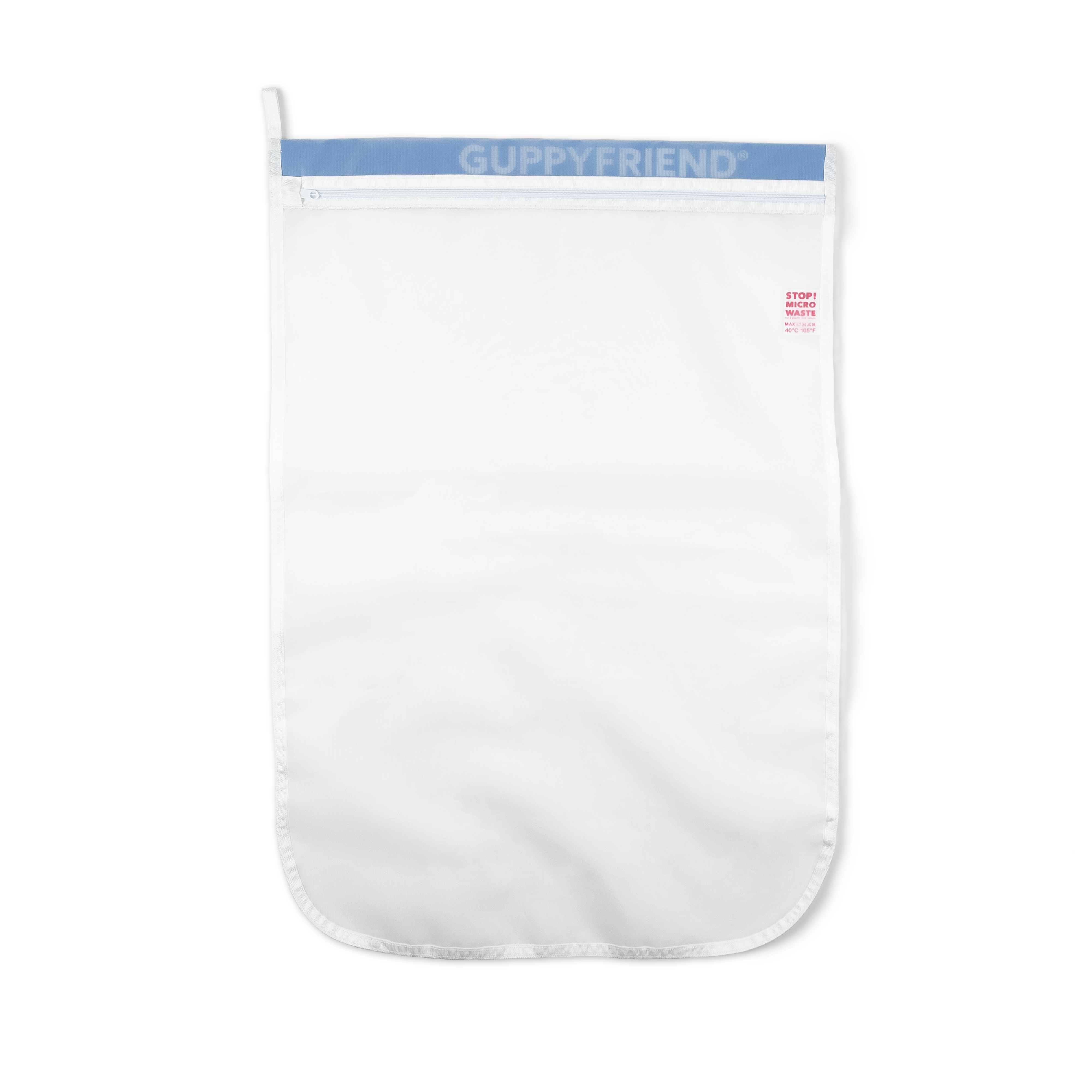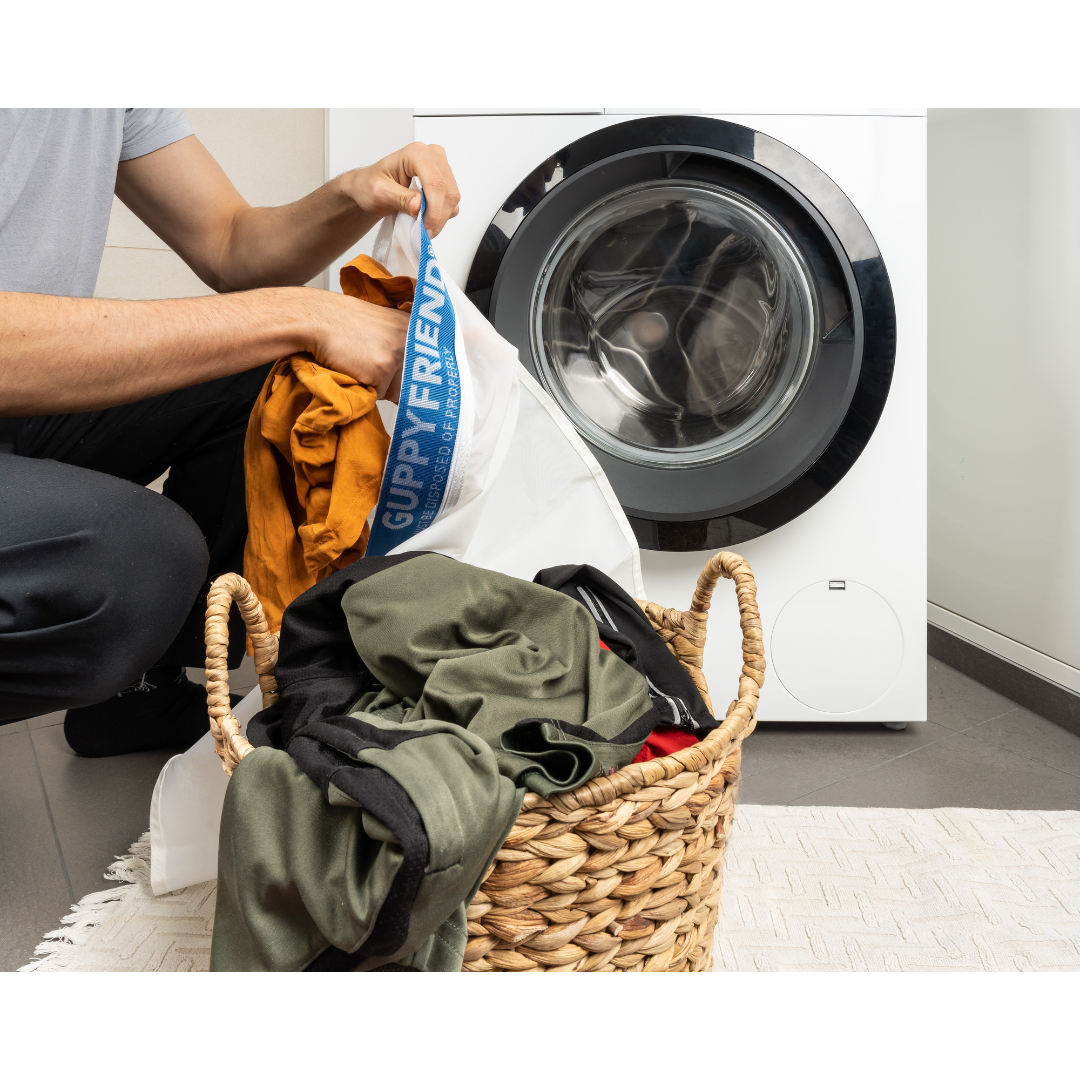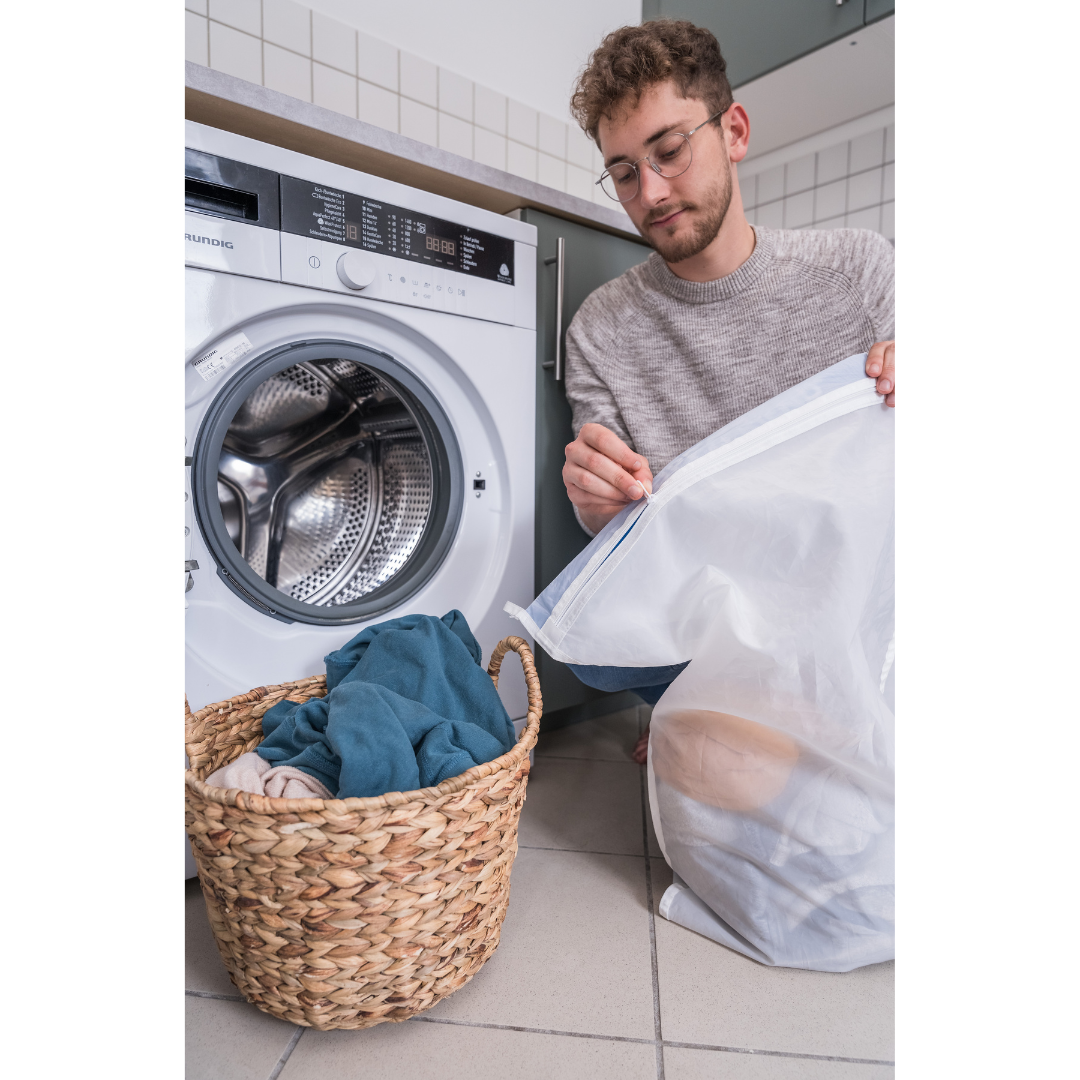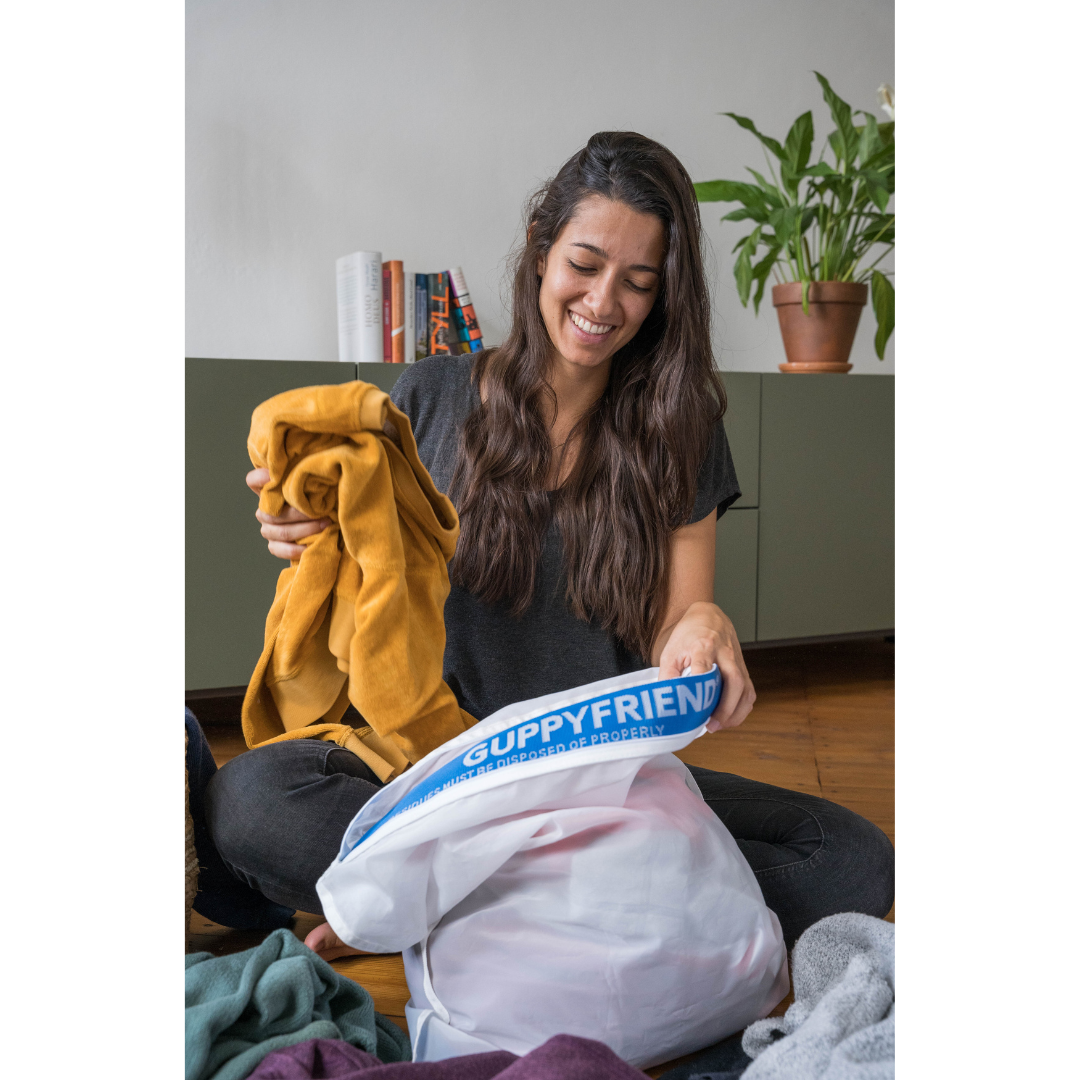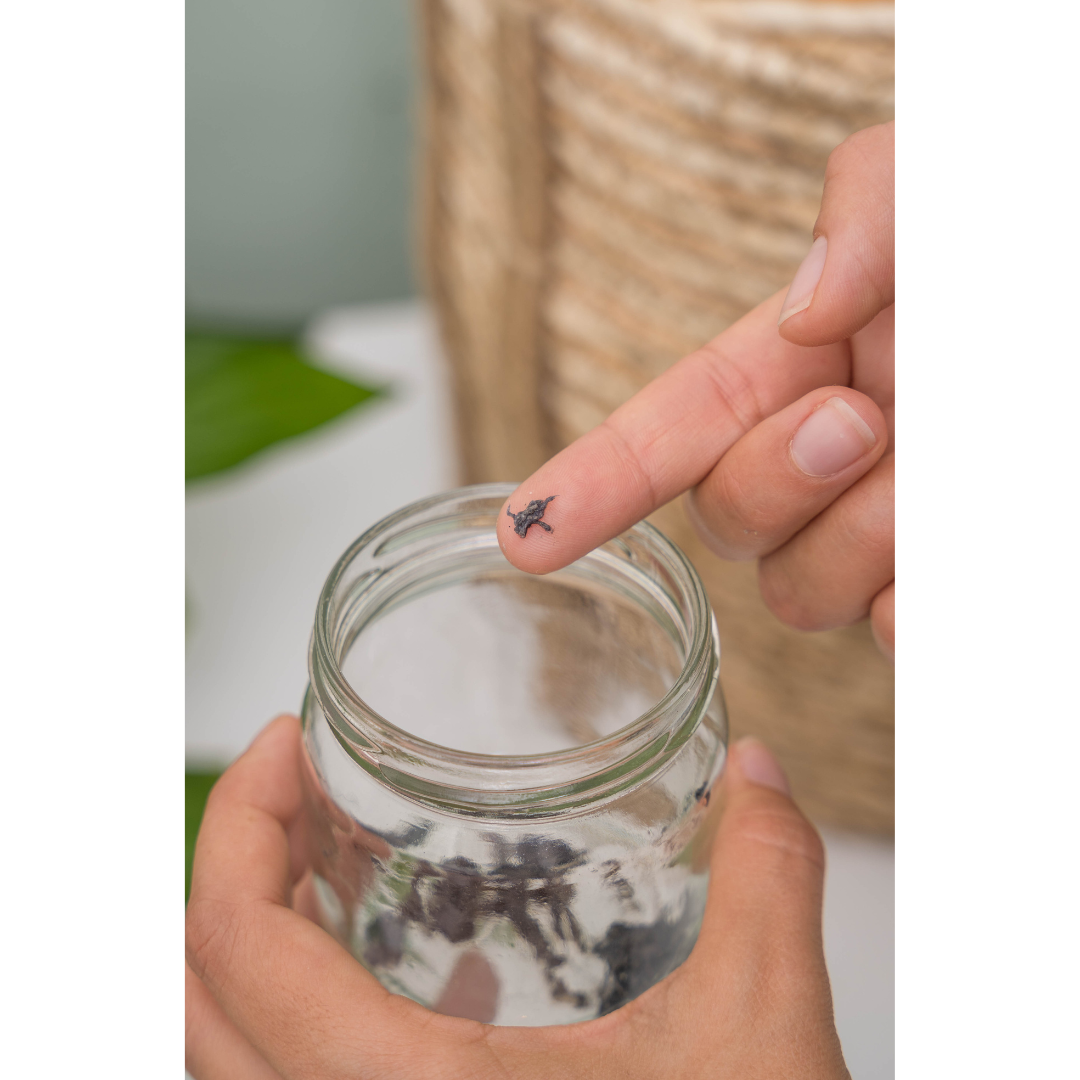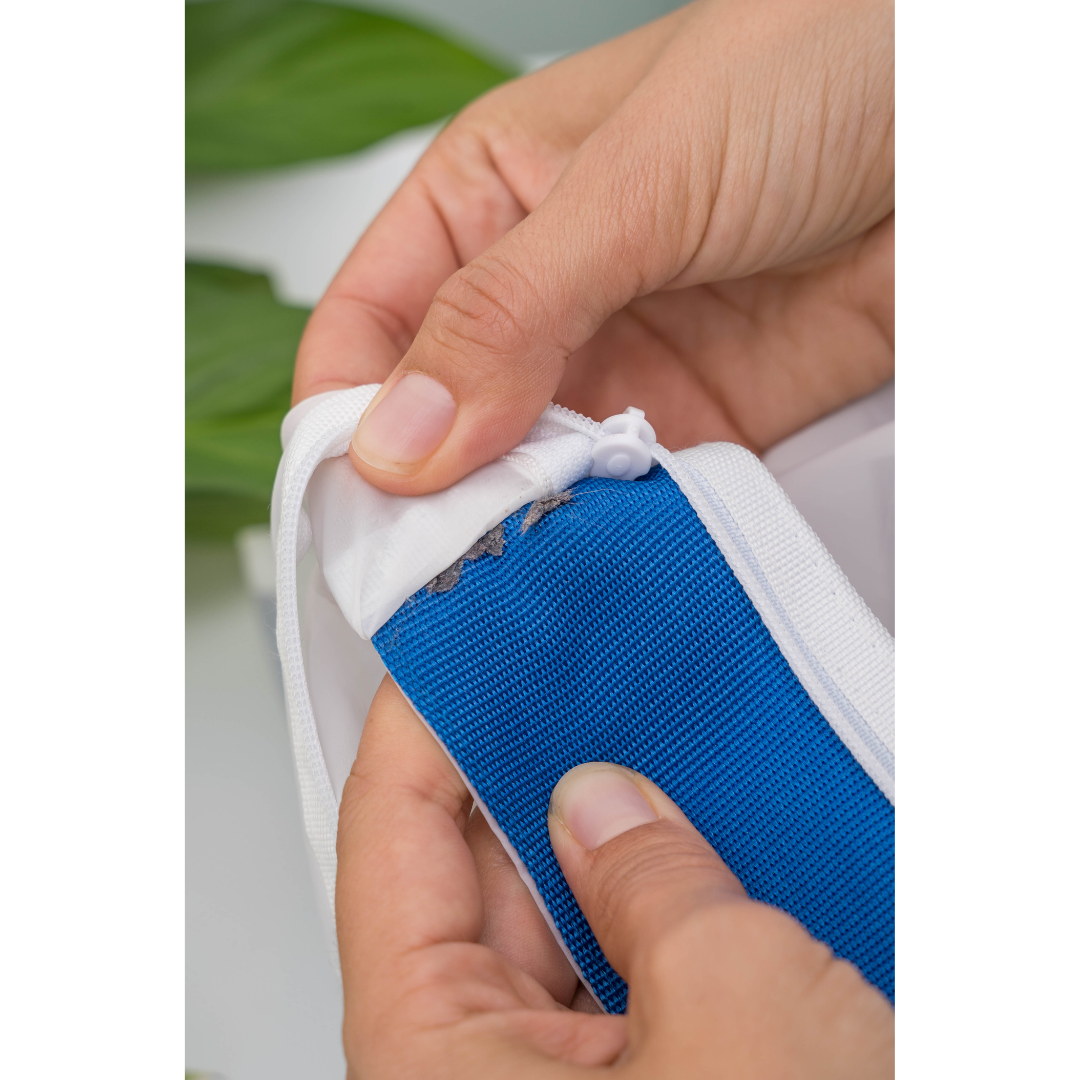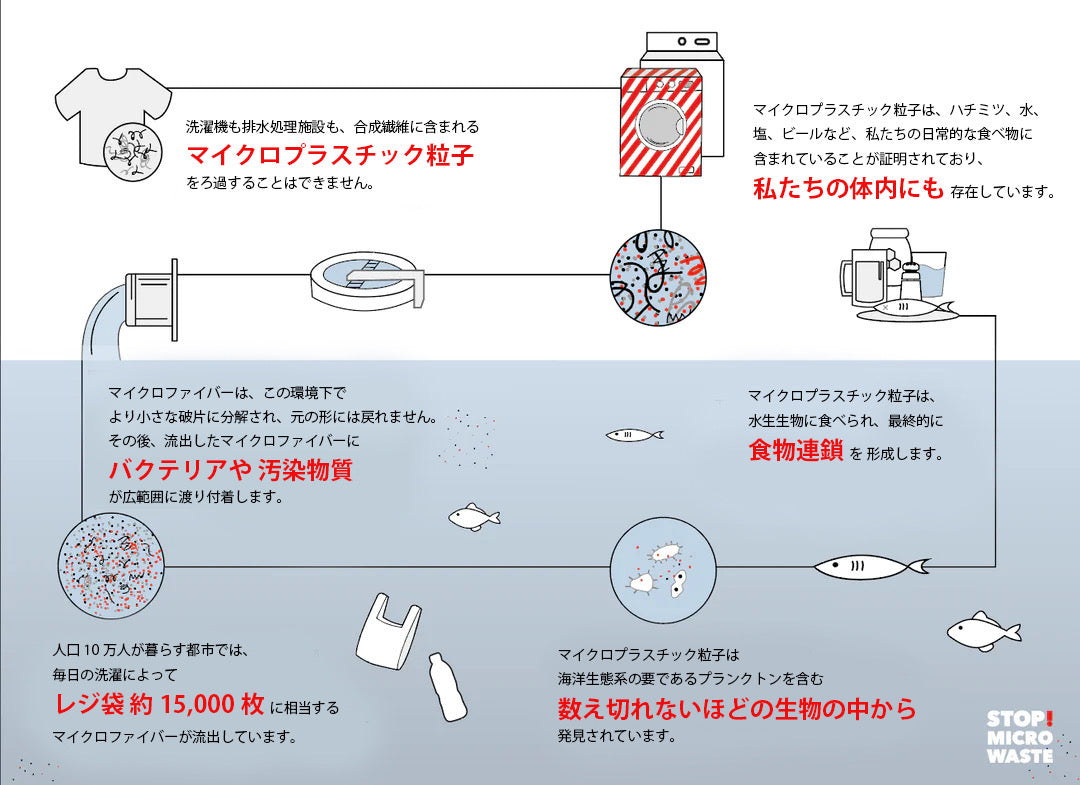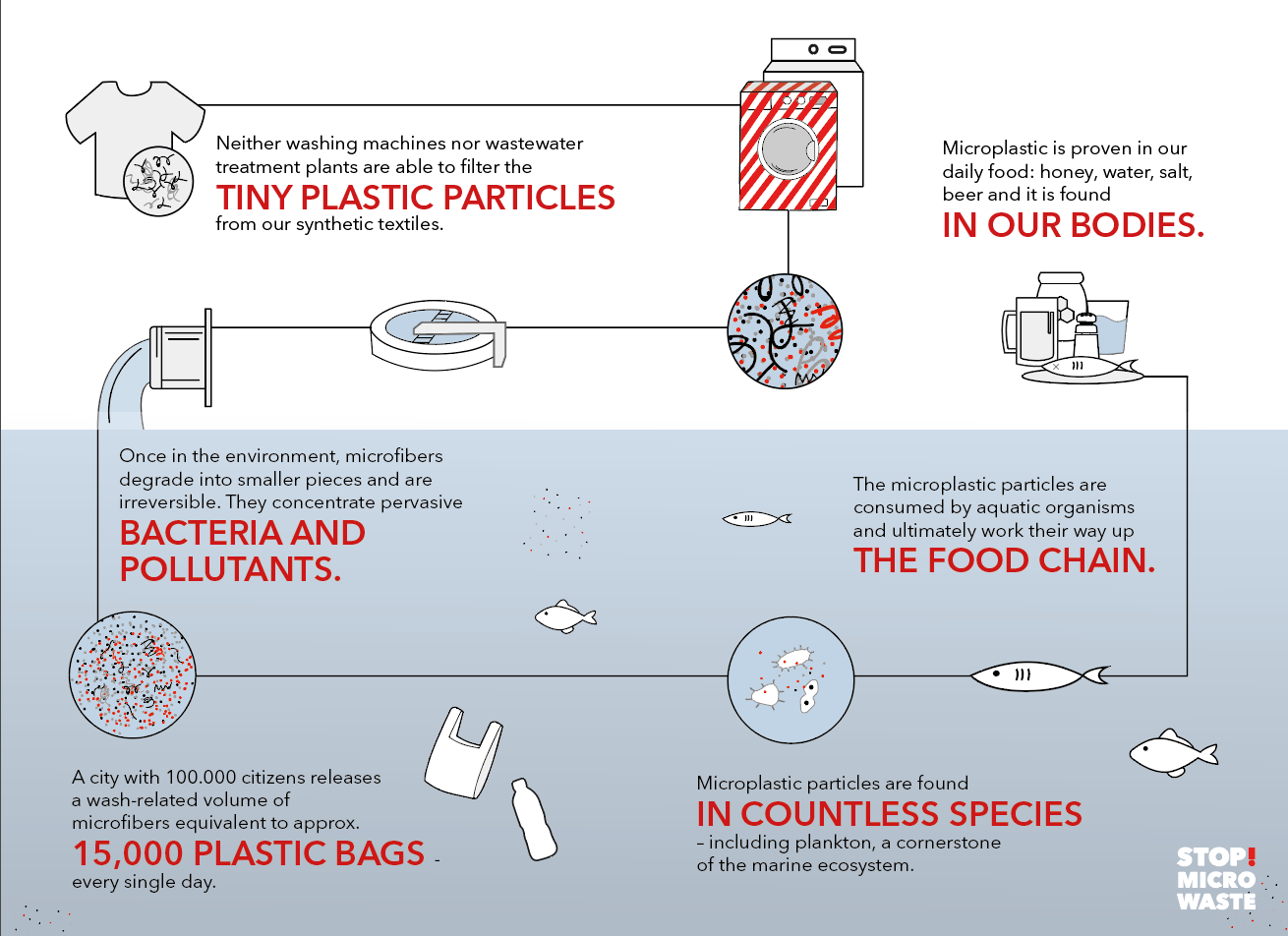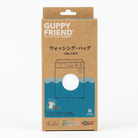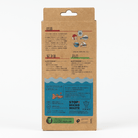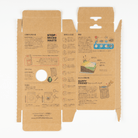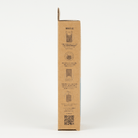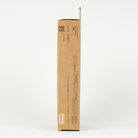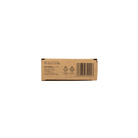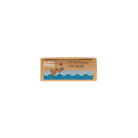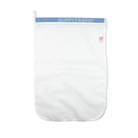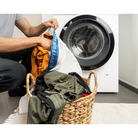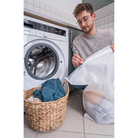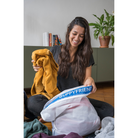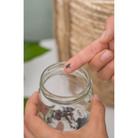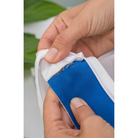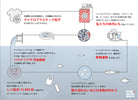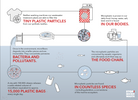What material is the bag made of?
It is made entirely of polyester. The filter material is untreated, undyed, contains no additives, is particularly tough and resistant to alkalis.
Can I tumble dry the bag?
No. Due to static charging, the broken microfibers pierce through the bag and end up in the laundry drum and ultimately in the environment. In the washing machine, there is water in and around the bag and the broken fibers lie at various angles on the net, so they cannot pierce through it.
How often can the bag be used?
If you follow our care instructions for use, you can use your bag for hundreds of wash cycles. After a few washes, the washing bag will look wrinkled, but it will still do its job perfectly.
How do I properly dispose of the fibers?
Please dispose of the collected microfibers in the residual waste. It is best to collect and dispose of the collected fibers in a closed container. This reduces the chance of the small and very light synthetic fibers being blown away during waste collection and to end up in the environment. Microfibers do not belong in recycling bin because they cannot be recycled.
Why doesn’t the bag itself shed any microfibers?
That’s because the fabric is made of monofilaments. A monofilament consists of only one endless thread that is more like a stable stick in its structure than many lose threads.
Why isn't the mesh directly installed inside the washing machine?
Microfibers are so small that they would immediately clog permanently installed filters, quite literally in a matter of seconds. The microfibers that collect on the filter would be forced through the filter into the wastewater due to the high-water pressure. To avoid this, the filter would have to be constantly replaced or cleaned.
Why does the bag even catch fibers that are smaller that its openings?
The fibers that break off our clothing are tiny and could theoretically slip through the small openings of the GUPPYFRIEND Washing Bag.
But they do not. To get through the opening, the fiber would have to poke vertically through the fabric. However, due to the water in and around the bag and the movement, the fibers are never positioned vertically, but always slightly bent. Therefore, they cannot pierce through the mesh. Even if a fiber should stick out of the fabric, it will be pushed back into the bag.
What are the profits used for?
GUPPYFRIEND’s profits from the sale of the Washing Bag go to the NGO STOP! Micro Waste and enable the realization of the
STOP! Plastic Academy. In the "Train the Trainer" program we organize workshops for partners, consumers and educational institutions to raise awareness for (micro)plastic pollution.
More information about the STOP! Plastic Academy can be found at www.stopmicrowaste.com .

